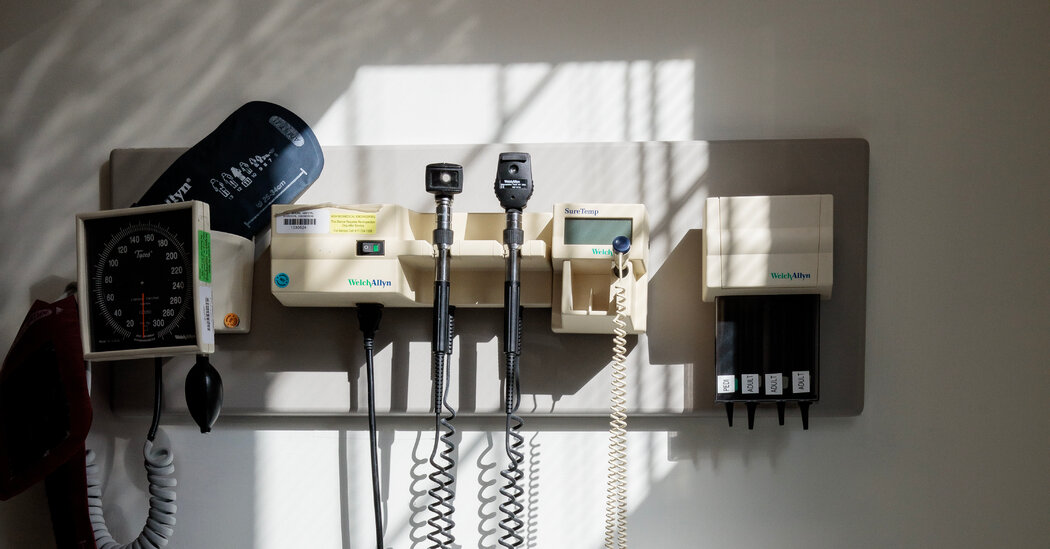One story that we couldn’t keep out of the press and that contributed most to my decision to walk away from my career in 2008 involved Nataline Sarkisyan, a 17-year-old leukemia patient in California whose scheduled liver transplant was postponed at the last minute when Cigna told her surgeons it wouldn’t pay. Cigna’s medical director, 2,500 miles away from Ms. Sarkisyan, said she was too sick for the procedure. Her family stirred up so much media attention that Cigna relented, but it was too late. She died a few hours after Cigna’s change of heart.
Ms. Sarkisyan’s death affected me personally and deeply. As a father, I couldn’t imagine the depth of despair her parents were facing. I turned in my notice a few weeks later. I could not in good conscience continue being a spokesman for an industry that was making it increasingly difficult for Americans to get often lifesaving care.
One of my last acts before resigning was helping to plan a meeting for investors and Wall Street financial analysts — similar to the one that UnitedHealthcare canceled after Mr. Thompson’s horrific killing. These annual investor days, like the consumerism idea I helped spread, reveal an uncomfortable truth about our health insurance system: that shareholders, not patient outcomes, tend to drive decisions at for-profit health insurance companies.



Totally agree. Murdering an insurance CEO isn’t the answer tho. Which was my original point.
I would agree, except that this has been a problem ongoing for the last twenty years with no progress made by protesting/following legal channels. From my perspective, without the threat of violence, both US parties have too much to gain by maintaining the status quo to respond to general peaceful protesting or trying to legally change things. If your perspective is that these people are causing deaths, and the legal system isn’t willing to change quickly enough, an argument could be made that the slow protests/incremental change is causing more deaths.
Cool. Doesn’t matter. I don’t think murder is the answer, and I will never advocate it. Lemmy will be on the wrong side of history when it comes to this subject. Cold-blooded murder is never the answer.
And if Luigi would have had some Republican tattoos and history and did this, you all would be crying and memeing about how he should be in prison.